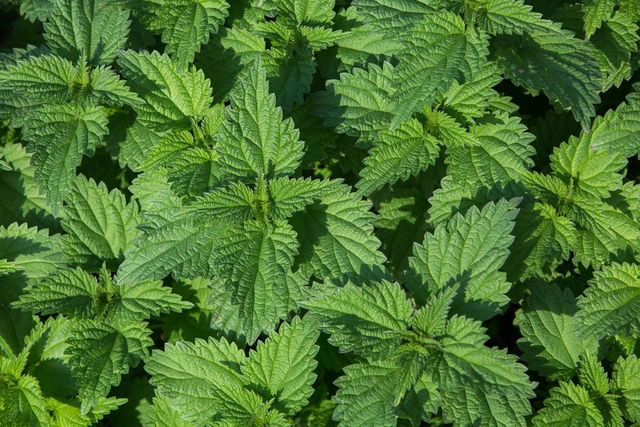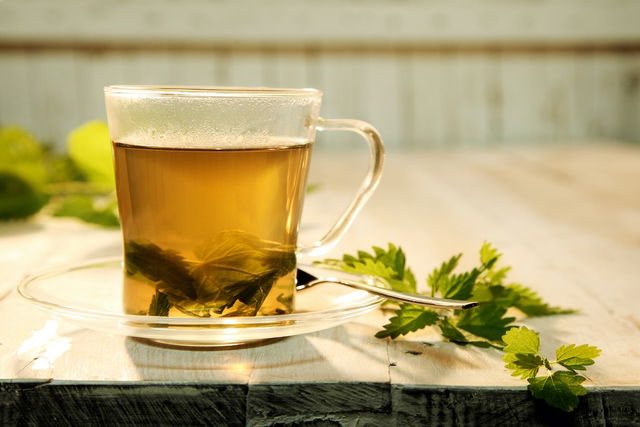Nettle is a medicinal plant that is rich in vitamin A, vitamin C, vitamin K, polyphenols, flavonoids and other minerals, like calcium iron and magnesium. It contains anti-inflammatory and antioxidant properties, making it a great home remedy for managing blood pressure and blood sugars. This plant is scientifically known as Urtica dioica, and can also be used for the treatment of arthritis and rheumatic disease.
The leaf is the part of nettle that is most commonly used for tea, while the roots are more commonly used for capsule supplements. These can be purchased at natural health stores, compound pharmacies, and farmer’s market. It should only be used as medically instructed.
Another type of nettle, Lamium album, can also be used to treat gynecological problems, like menstrual cramps, heavy bleeding or uterine inflammation.

Indications for use
Nettle contains various medicinal properties, and has antioxidant, anti-inflammatory, anti-hypertensive, diuretic and anti-diabetic action. Because it is rich in flavonoids, polyphenols, vitamins (A, C and K), folic acid and minerals (calcium, potassium, iron and magnesium), it can be used to strengthen the immune system,
Nettle can be used for the treatment of:
- Arthritis
- Osteoarthritis
- Rheumatic disease
- High blood pressure
- Diabetes
- Runny nose
- Allergy-related cough
- Acne
- Dermatitis
- Muscular pain
- Gum inflammation
- Anemia
- Urinary tract infections
- Kidney stones
In addition, some studies show that nettle roots can be used to complement the treatment of an enlarged prostate. The roots contain flavonoids that help to reduce the action of enzymes that stimulate testosterone production.
How to make nettle tea

Nettle tea is quick and easy to make, and can provide you with various health benefits.
Ingredients
- 1 tablespoon of dried nettle leaves
- 1 cup of hot water
How to prepare
Add the dried nettle leaves to the hot water and allow to soak for 10 minutes. Once it has cooled, strain the tea and drink up to 2 cups per day.
You can also reap the benefits of nettle by taking it in a capsule form. You can take one 400 mg capsule, 2 to 3 times per day, as directed by your doctor.
Possible side effects
Nettle side effects usually only emerge when this plant is consumed in very high quantities. Side effects may include stomach pain, diarrhea, constipation, allergies, and skin itching. In women, it can cause cramping and increased uterine contractions, and may be lead to a miscarriage if taken during pregnancy.
Nettle can also decrease blood pressure levels and make blood pressure control more difficult in people with hypertension. It can also greatly reduce blood sugar levels, leading to hypoglycemia in diabetics.
Contradindications for use
Nettle should not be used by pregnant women, as it can increase uterine contractions and lead to premature birth, fetal deformities or miscarriage. Nettle should also be avoided during breastfeeding, as the toxic effects in babies are still not entirely known.
This plant is not recommended for people with kidney problems or cardiac problems, as it can worsen these conditions.
